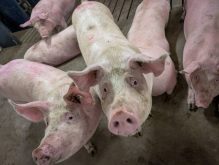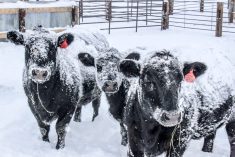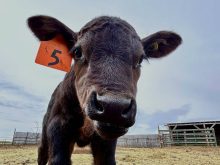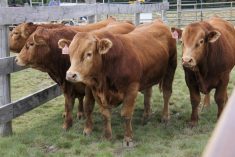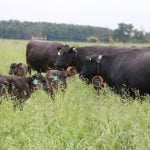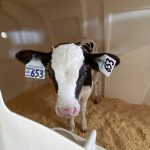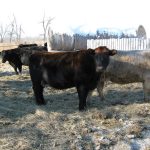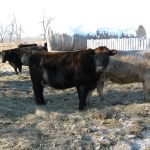If author Anna Sewell were alive today, chances are she’d be writing a follow to her best-selling novel Black Beauty about the plight of Addis and Ababa — donkeys in Ethiopia.
Her 1877 story about a horse raised awareness of the inhumane treatment of horses in England and sold 50 million copies worldwide. It is credited with prompting changes to some of the common handling practices that caused horses’ pain and discomfort.
Sewell would have had a field day portraying the plight of the Abyssinian donkey, the most common form of cartage and transportation in Ethiopia. Abuse of these lowly beasts of burden appears to be a cultural pastime.
Read Also
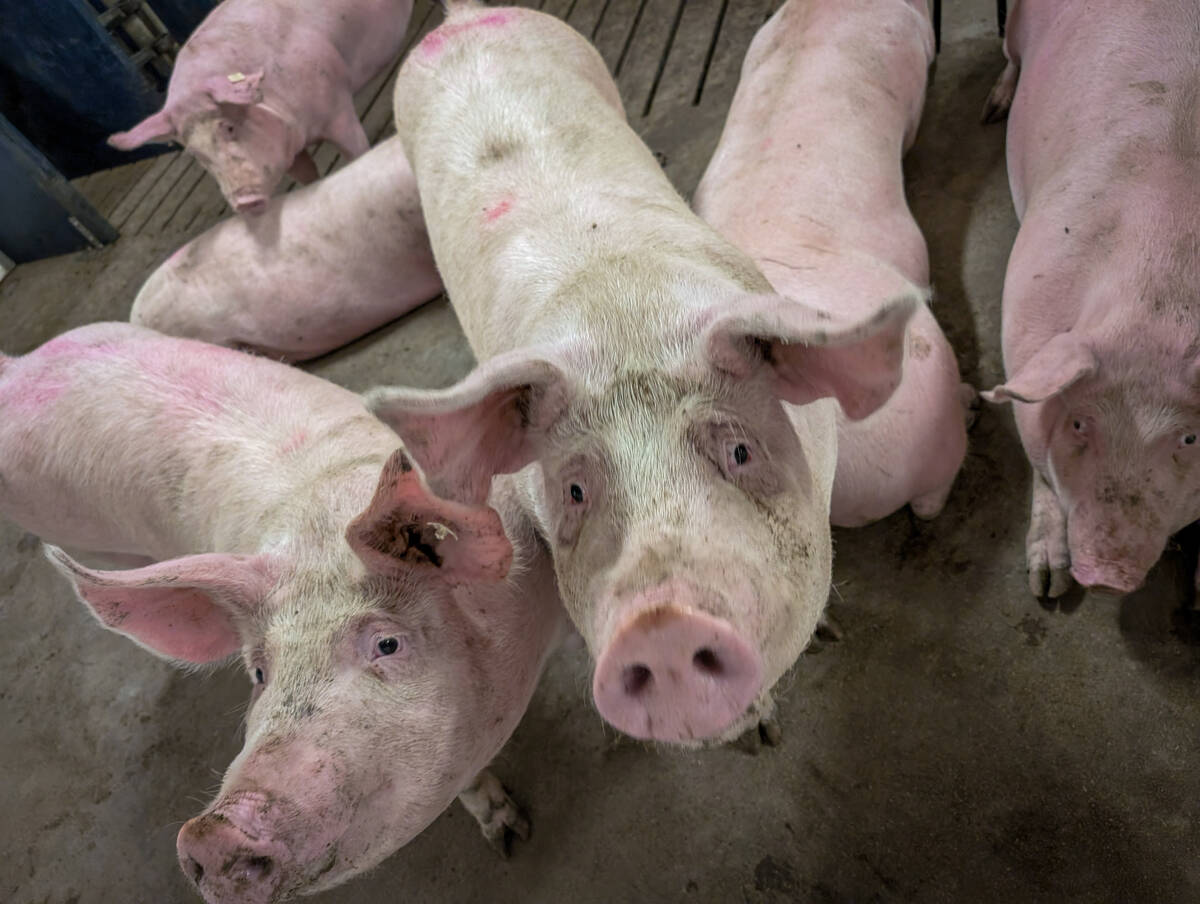
No way to segregate gene edited pigs Canadian Pork Council says as groups call for labeling
Canadian Pork Council says it supports bids to get public acceptance for pigs gene edited for resistance to PRRS as some consumer and agriculture groups call for mandatory labelling.
Almost always overloaded, usually with ill-fitting harness, and poorly fed, it’s not unusual to see their drivers — often young boys — beating them mercilessly with sticks even as they jog as fast as their little legs will carry them.
In fact, they rank right down there with women in local expressions such as "women and donkeys are better managed if beaten by a stick," or "donkeys and women can carry whatever they are loaded with."
While Ethiopia is credited as being on target to achieve six out of the United Nations’ eight Millennium Development Goals, it’s notable that the two areas where it still lags are on maternal mortality and gender equality. Apparently, donkeys will have to wait their turn.
"A norm"
The Donkey Sanctuary, a charity formed in 1986 to advocate on their behalf, estimates there are about 6.2 million burros in Ethiopia alone, second only to China’s as the largest population of donkeys in the world.
Their lack of respect is partly due to the impoverished conditions in which most Ethiopians live. It’s estimated more than 80 per cent of the population lives on $2 per day or less. As their lot in life improves, chances are so will their donkeys’.
But the other cause is a traditional belief that donkeys are erkus, or considered unclean in Ethiopian society, which makes them unworthy of respect — despite the pivotal role they play in transportation.
"It is a norm to beat a donkey irrespective of how it behaves," an article on the Donkey Sanctuary website notes. "Such beliefs have been ingrained in minds of the society members from the elderly to children."
The sanctuary has teams working in several Ethiopian communities attempting to change attitudes and improve the animals’ living and working conditions.
"Some villages have improved donkeys’ name from erkus to agelgay, which means ‘faithful servant,’" the website said.
– Laura Rance is the editor of the Manitoba Co-operator, reporting this week from Ethiopia on a media food study tour with the Canadian Foodgrains Bank.



